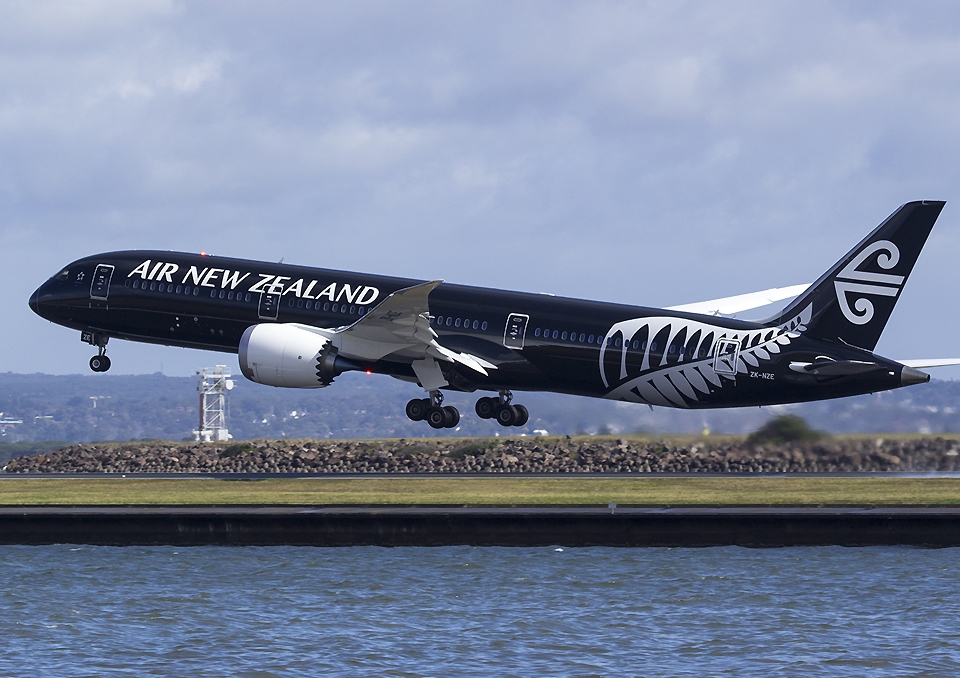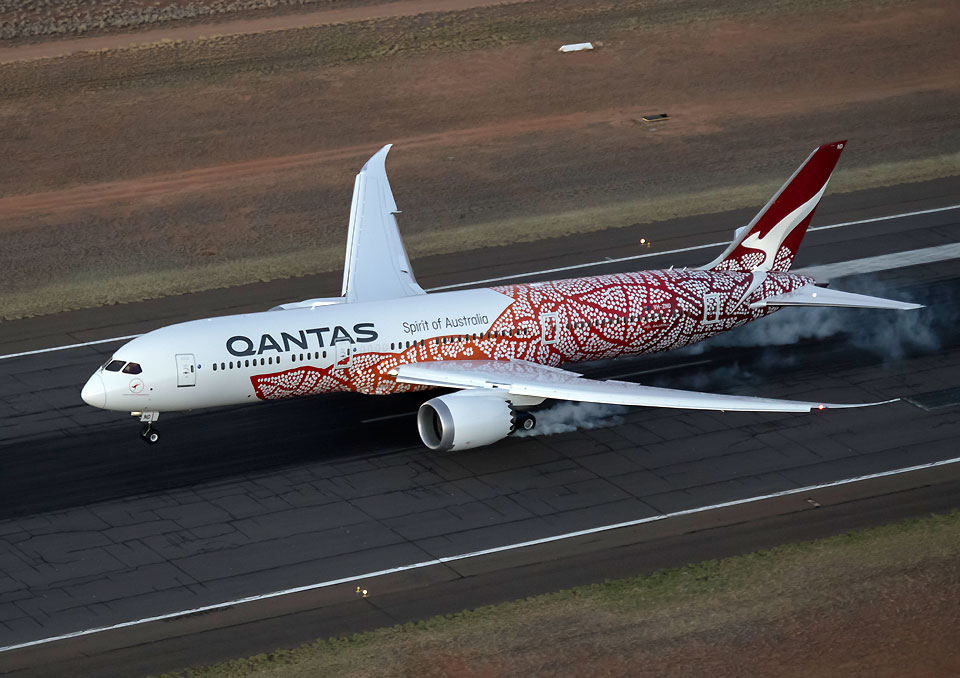
As Covid-19 spreads, Air New Zealand announces further reduction in capacity; downgrades earnings
- February 24, 2020
As South Korea raised the country’s threat alert to the highest of it’s four levels, Air New Zealand has responded by cancelling it service to Seoul from 7 March till end of June.
Responding to weaker demand, the airline has adjusted it’s capacity as follows:
- Previously announced capacity reductions across Asia routes, predominantly related to Shanghai and Hong Kong services.
- The airline announces today that services to Seoul will be temporarily suspended from 7 March through the end of June.
- Total Asia capacity will thereby reduce by 17% for the months of February through June
- Tasman capacity reductions of 3% from March through May
- Reductions in Domestic capacity of 2% across March and April, focused on Christchurch and Queenstown services to/from Auckland
Based on lower demand, capacity reductions and lower jet fuel prices, the airline currently expects a net negative impact to earnings in the range of $35 million to $75 million as a result of coronavirus. At the midpoint of the estimated range above, which is approximately $55 million, the airline is targeting earnings before other significant items and taxation to be in a range of approximately $300 million to $350 million considering jet fuel prices remain stable at US$65 per barrel.

Qantas has also announced reductions to capacity as below:
QANTAS INTERNATIONAL
Qantas International will cut 16 per cent of Asia capacity until at least the end of May, impacting flights from Australia to mainland China, Hong Kong and Singapore.
- Sydney-Shanghai (the airline’s sole route to mainland China) – will remain suspended
- Sydney-Hong Kong – reduced from 14 return flights per week to 7
- Brisbane-Hong Kong – reduced from 7 return flights per week to 4
- Melbourne-Hong Kong – reduced from 7 return flights per week to 5
- Melbourne-Singapore – flights to be operated by Boeing 787s instead of larger Airbus 380s (approx. 250 less seats per flight)
Qantas will reduce flights across the Tasman by 6 per cent with cancellations on Sydney-Auckland, Melbourne-Auckland and Brisbane-Christchurch. Jetstar will reduce its Tasman flying by 5 per cent.
JETSTAR GROUP
Jetstar Group will cut its capacity to Asia by 14 per cent until at least the end of May, impacting flights from Australia to Japan and Thailand, and intra-Asia flights.
- Cairns-Tokyo (Narita), Cairns-Osaka, Gold Coast-Tokyo (Narita) and Melbourne & Sydney-Phuket will each be reduced by up to two return flights per week.
- Each of the Jetstar airlines in Asia – Jetstar Asia (Singapore), Jetstar Japan and Jetstar Pacific (Vietnam) – have suspended flights to mainland China and are reducing flights across the region. In particular, Jetstar Asia is reducing total seats by 15 per cent.
- The Group is looking at transferring an A320 aircraft from Jetstar to QantasLink to meet increased demand from the resources sector in Western Australia.
Earlier this month, International Air Transport Association (IATA) announced that its initial assessment of the impact of the Novel Coronavirus 2019 outbreak (COVID-19) shows a potential 13% full-year loss of passenger demand for carriers in the Asia-Pacific region. Considering that growth for the region’s airlines was forecast to be 4.8%, the net impact will be an 8.2% full-year contraction compared to 2019 demand levels. In this scenario, that would translate into a $27.8 billion revenue loss in 2020 for carriers in the Asia-Pacific region—the bulk of which would be borne by carriers registered in China, with $12.8 billion lost in the China domestic market alone. In the same scenario, carriers outside Asia-Pacific are forecast to bear a revenue loss of $1.5 billion, assuming the loss of demand is limited to markets linked to China. This would bring total global lost revenue to $29.3 billion (5% lower passenger revenues compared to what IATA forecast in December) and represent a 4.7% hit to global demand.












